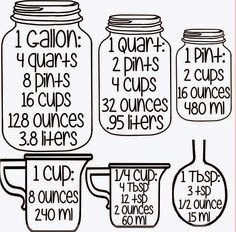The importance of developing a growth mindset, as both learners and teachers, has become clear to the members of the Great Falls School community.

 In a fixed mindset individuals believe their basic abilities, their
intelligence, their talents, are fixed traits. They believe we each have a certain
amount and that’s that.
In a fixed mindset individuals believe their basic abilities, their
intelligence, their talents, are fixed traits. They believe we each have a certain
amount and that’s that.In a growth mindset individuals understand that talents and abilities can be developed through effort, teaching and learning, and persistence.
 People who have a growth mindset don’t necessarily think everyone is the
same, but they do believe each of us can improve at anything if we work at it.
People who have a growth mindset don’t necessarily think everyone is the
same, but they do believe each of us can improve at anything if we work at it.  We will continue to share resources and information around improving mindset to support the great work at Great Falls, as we continue to develop growth mindsets in our students and ourselves!
We will continue to share resources and information around improving mindset to support the great work at Great Falls, as we continue to develop growth mindsets in our students and ourselves! Great Falls is such a motivating place to teach and learn.
Each of the photos on this page can be found in our school~
Great
Online
Resources:
Dweck, Carol S. Mindset: The New Psychology of Success. New York: Random House, 2006.
Ricci, Mary C. Mindsets in the Classroom: Building a Cultureof Success and Student Achievment in Schools.Texas: Prufrock Press, 2013.






.gif)
.gif)

